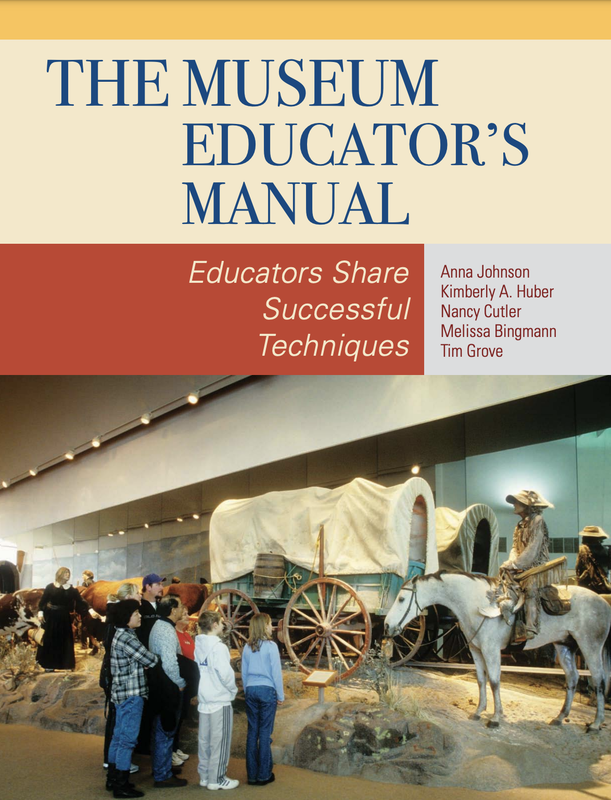Professional Development for Teachers Melissa BingmannProfessional Development for Teachers offers many features that benefit participants and museums. It will enhance teachers' mastery of the subject matter, increase their comfort level using the museum as an informal learning environment, increase their ability to integrate field trips into the classroom curriculum, introduce them to visual thinking skills, and develop their ability to analyze artifacts while earning required credits. can.
This chapter discusses why museums provide professional development for teachers, useful approaches to creating meaningful experiences, background on the national education model, and integrating workshops into existing state and local professional development requirements to build an audience. Check out our tips for Adding professional development to the museum's existing educational opportunities is based on the idea that by empowering teachers to use the museum, they can provide these resources to hundreds of children over the course of their careers. Teachers' mastery of the content on display combined with the company's educational expertise enables them to connect the museum's content to the lessons taught in the classroom. Adding instruction in interpretive skills allows teachers to lead museum tours and engage students with exhibits and artifacts. Going one step further, some museum teacher training programs include an element of curriculum development with the aim of sharing and disseminating teacher-created projects in the museum. Museum educators should be able to easily create lists of subject ideas for lectures by staff content experts, exhibits that require interpretation beyond what a 60-minute tour can provide, and artifacts that are overlooked when time is allotted for extended context. In an analysis of data collected through telephone interviews, respondents said museums are their most reliable source for learning about the past. People believe that artifacts are "pure" and unbiased sources of information. This perception is very inaccurate. Because even if an artifact is displayed without text or other interpretation, simply selecting that artifact is essentially someone constructing meaning. By discussing interpretive techniques, the choices contained in the messages conveyed by the exhibits, and other museum trade secrets, teachers will witness a more significant educational value in museums that goes far beyond the thematic content of educational institution exhibits. Museums are great places for teachers and students to explore historical thinking skills and the scientific method when experiences are specifically structured to meet these educational goals. There is another efficient and insightful way for teachers to assess what they want and need in professional development. Educator Advisory Committees or Task Forces Educator Advisory Committees or Task Forces are invaluable resources to help guide the development of effective programs, publications, and curriculum materials for students and teachers. - Many teachers use media and value expert-approved online resources. - In an ideal scenario, the museum repeats the program during the school year, after school, and on weekends during the summer to maximize everyone's convenience. As part of a professional development program for teachers, consider giving participants one or two books from the bibliography, or several for teachers to peruse throughout the program and to draw entries at the end of the series. Conclusion Professional development programs can serve multiple institutional goals because they can be an effective means of reaching K-12 educators. Equipped with content and museum learning skills, teachers bringing students on field trips will be better prepared to introduce them to the museum experience prior to arrival, enhance learning in the classroom, and integrate field trips into classroom instruction. Even if participating teachers do not plan to take field trips to museums, treating teachers as adult learners reinforces the museum's educational mission.
0 Comments
Leave a Reply. |
Myungja Anna KohArtist Categories
All
Archives
July 2024
|
Proudly powered by Weebly


 RSS Feed
RSS Feed